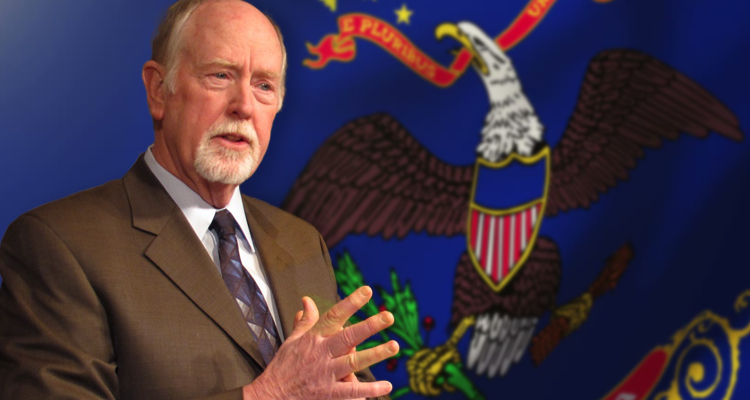In North Dakota, the Republican lawmaker behind proposed legislation that would allow voters to decide whether to amend the state’s constitution in order to open a maximum of six state-owned casinos has reportedly amended his measure.
According to a report from the Associated Press news service, Al Carlson from the North Dakota House Of Representatives introduced his House Concurrent Resolution 3033 earlier this month in hopes of getting voter approval to open up to six first-of-their-kind non-aboriginal casinos in the northern state.
The current constitution of North Dakota reportedly prevents legislators from authorizing “any game of chance, lottery or gift enterprise” but it does allow charitable gaming while also permitting the state of only 758,000 people to join multi-jurisdiction lotteries. But, superior federal laws sanction the running of casinos on tribal lands and there are currently over a dozen such venues in the Midwestern state including the Sky Dancer Casino And Resort in Rolette County from the Turtle Mountain Band Of Chippewa Indians and the Standing Rock Sioux Tribe’s Prairie Knights Casino And Resort near the small town of Fort Yates.
Carlson’s proposed legislation, which was recently called “racist” by North Dakota State Senator Richard Marcellais, could reportedly see the state-wide ballot on whether the state should permit non-tribal casinos for the first time held as soon as June of 2018 although some critics allege that the measure is little more than pay-back for the millions of dollars Bismarck has been forced to shell out in order to police protests connected with the controversial Dakota Access Pipeline project.
As originally written, House Concurrent Resolution 3033 would establish a seven-member gaming commission comprised of experts to be appointed by the state’s governor, auditor, attorney general and legislative leaders while any of the new non-tribal casinos would not be permitted to operate within 20 miles of a Native American reservation. Carlson’s amended measure has now doubled this latter stipulation to 40 miles while a second provision that would have prohibited the commercial gambling venues from being sited within five miles of a city holding a population of over 5,000 has been completely scrapped, which means that these casinos would be allowed almost anywhere in the state.



